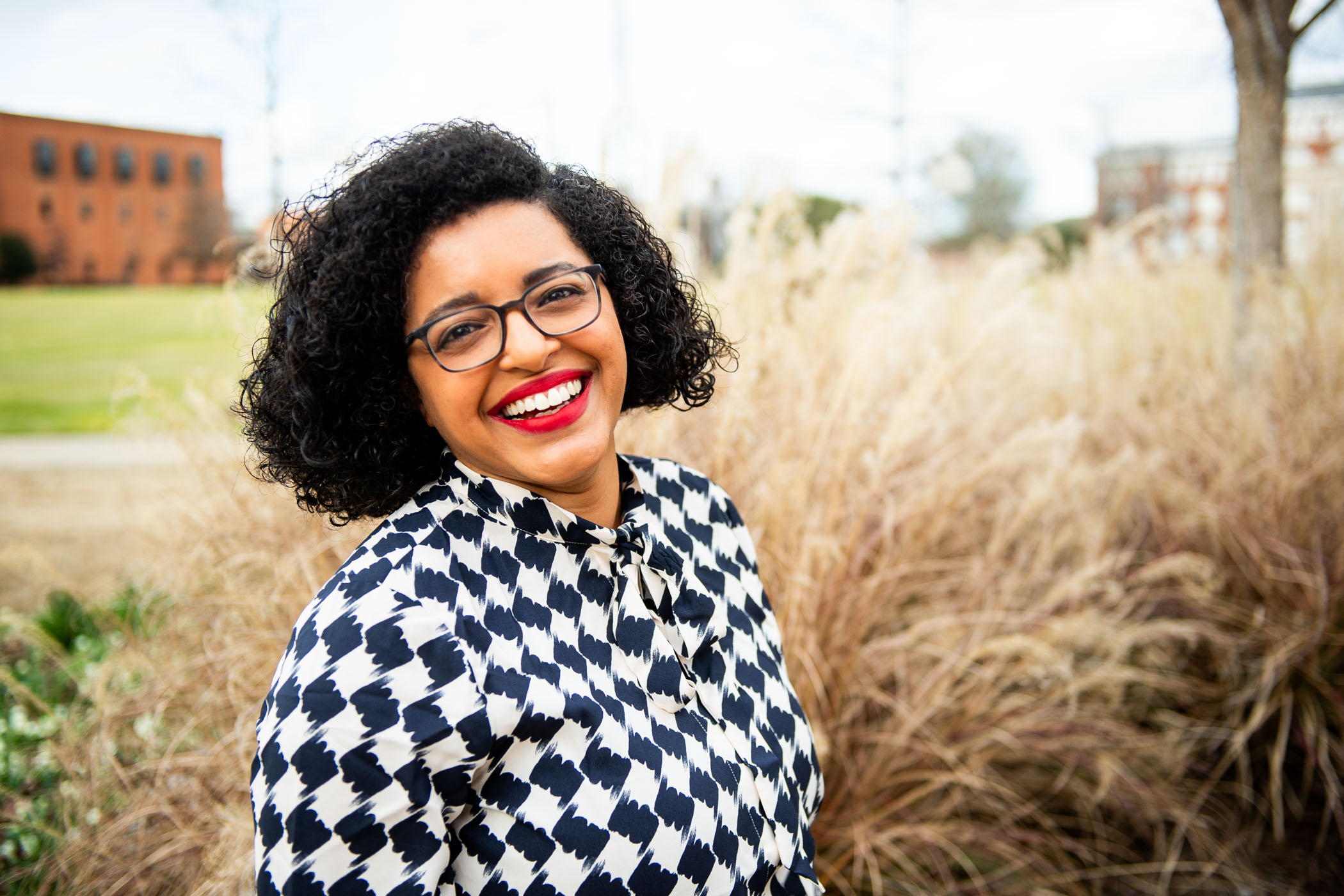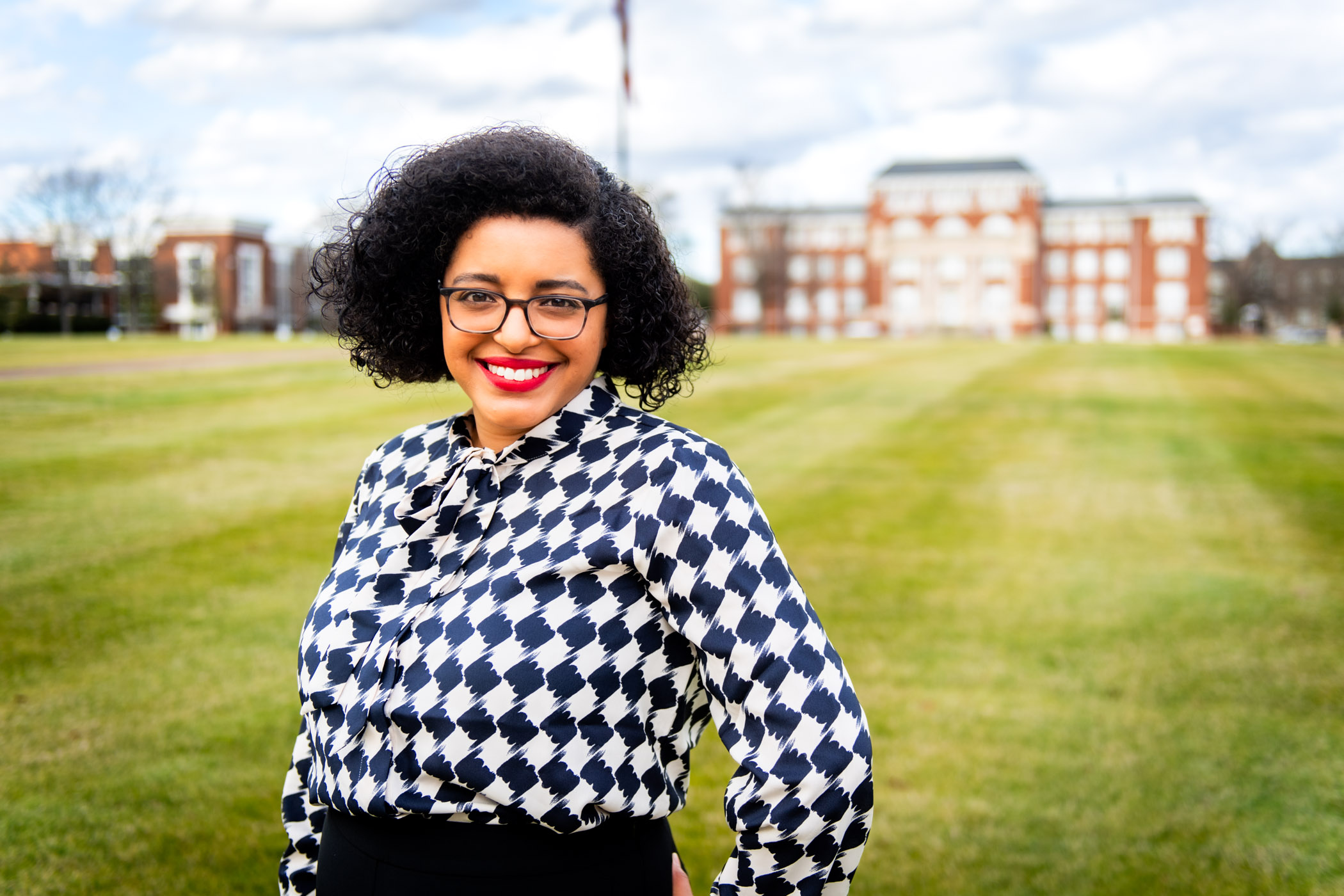Leigh Soares

“I come from a long line of learners and storytellers in my family who instilled in me a love of history,” said Leigh Soares an assistant professor of history at Mississippi State University and an affiliated faculty member with the African American Studies program. “Under less constrained circumstances, some of them might have become college professors too.”
With a love of education instilled in her at an early age, Soares now researches African American history with a focus on politics, education, and the American South, and today is using her academic research to write her first book—“Cradles of Citizenship: Public Black Colleges and Political Engagement from Emancipation to Civil Rights”—under contract with the University of Pennsylvania Press.
“The book tells the story of Black men and women across the American South who believed the struggle for equality after the Civil War would be incomplete without state-funded public colleges for Black students,” said Soares, an MSU faculty member since 2019.
Soares said because state education administration and officeholding were reserved for men in the South into the 20th century, it can be difficult to locate reliable evidence about women’s roles on campuses.
But using unconventional sources, such as photographs in early college catalogs, Soares has been able to glean information about gender and leadership on Black campuses. Earlier this fall, she published “‘Tuskegee is Her Monument’: Gender and Leadership in Early Public Black Colleges” in the prestigious journal History of Education Quarterly, expounding on the importance of historically Black colleges and universities (HBCUs).
“African American history is American history. Centering the voices of Black historical figures and scholars brings into focus the ways freedom and unfreedom have evolved together throughout the nation’s history,” said Soares, whose research has been supported by the Richards Civil War Era Center and the National Academy of Education/Spencer Foundation.
“Students are more engaged by people from the past, I have found, when they realize they can connect with them as just that—people. In the classes I teach, I use a wide range of sources that come from the historical eras we are studying so students can practice listening to what people from the past have to tell us about their lives and the world around them. When students connect to the human experience at the center of the story, it can be a starting point for deeper analysis.”
